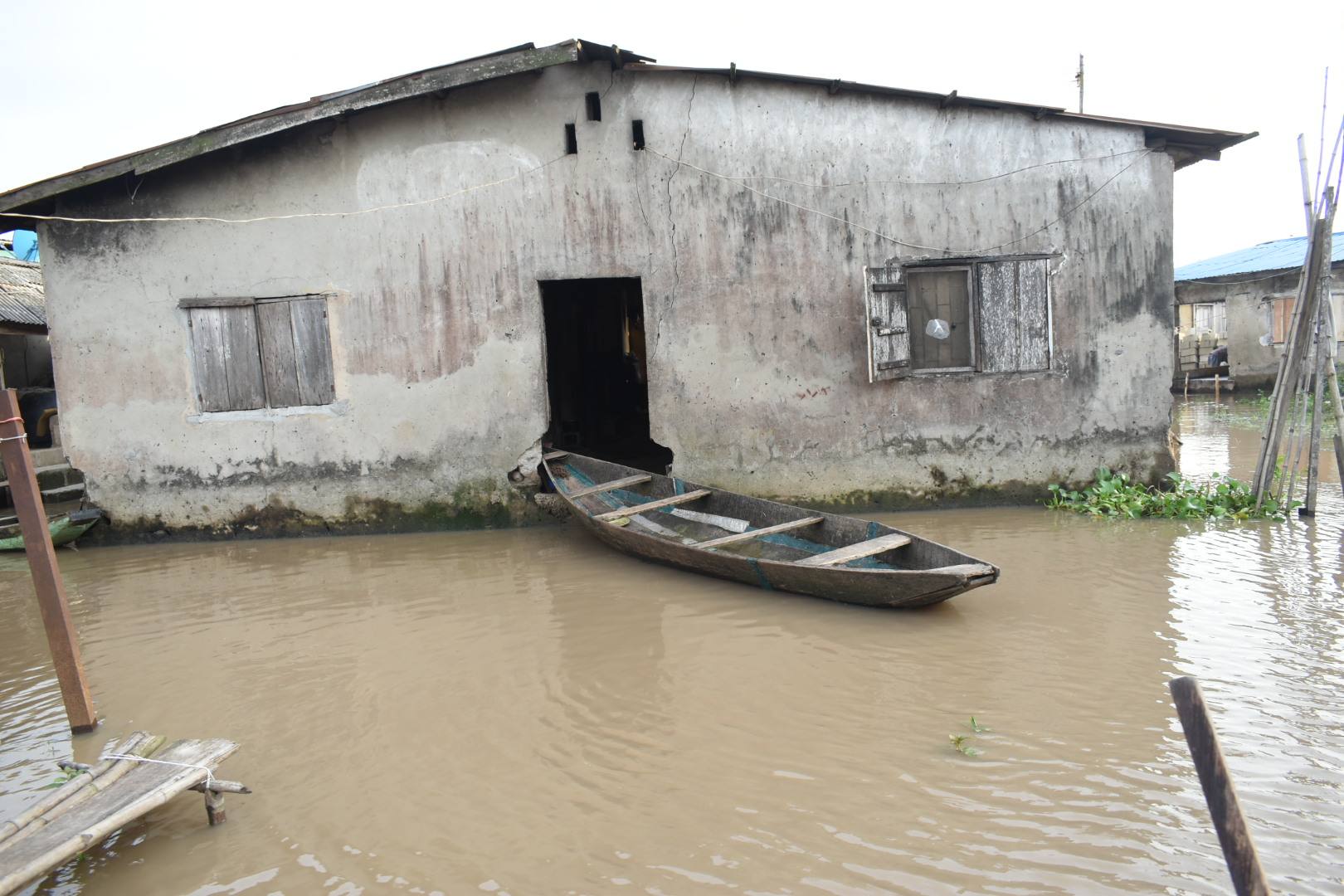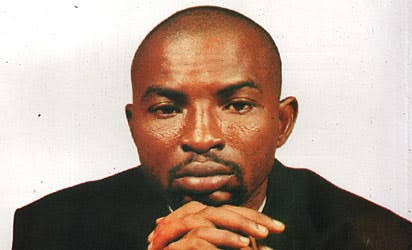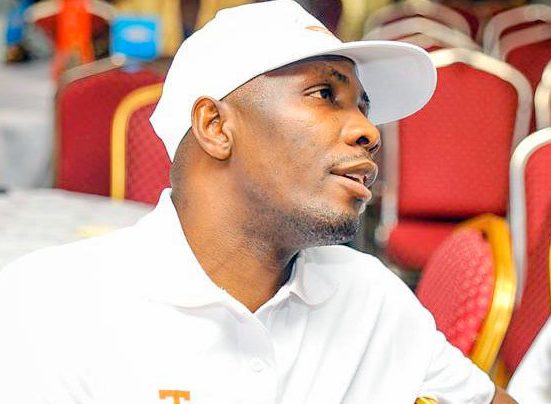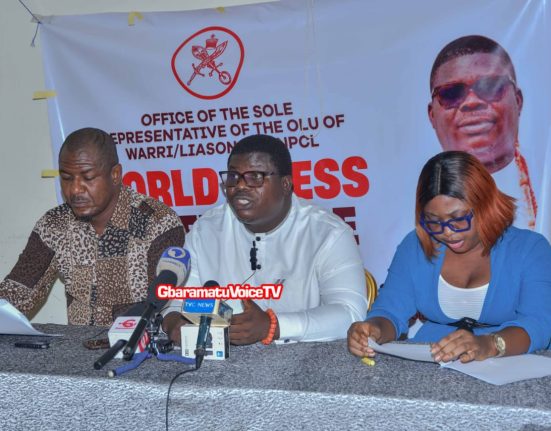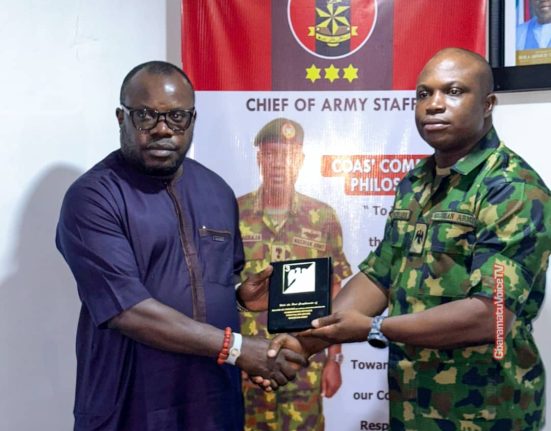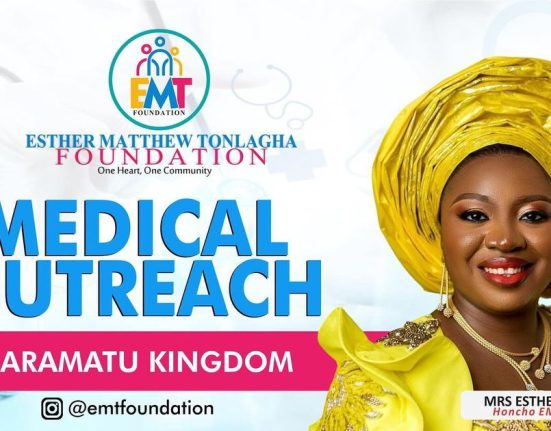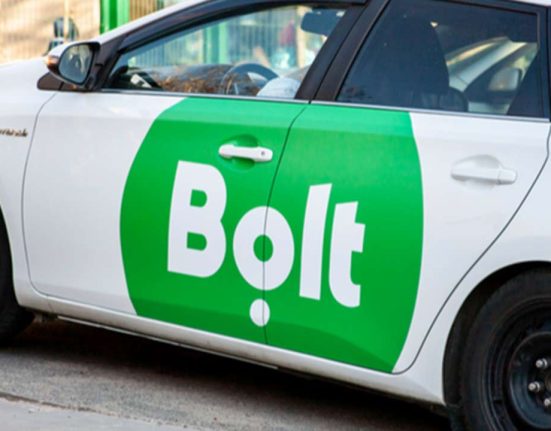By Asiayei Enaibo
Ijaws are predominant in the Niger Delta, with Bayelsa state as their core state. But this fourth largest ethnic groupings in Nigeria can also boasts of ancestral villages and towns in some parts of the country not minding the over decades of attitudinal political oppression, subjugation and marginalization they have come to endure. All the same, Ijaws wax stronger in all the regions they occupy, no matter the different diversities and over two hundred ethnic groupings shattered in different locations across Nigeria. .
The Ijaws, for over decades, settled at the riverine part of Lagos. They did not also forget their aboriginal occupation of fishing just as their kith and kins in the Niger Delta. Not even having a home in the city of Lagos predominantly occupied by the Yorubas, could deter them from the traditionally occupation of their forebears. For this reason, the Ijaws are found at river banks, in and out of their core state of Bayelsa.
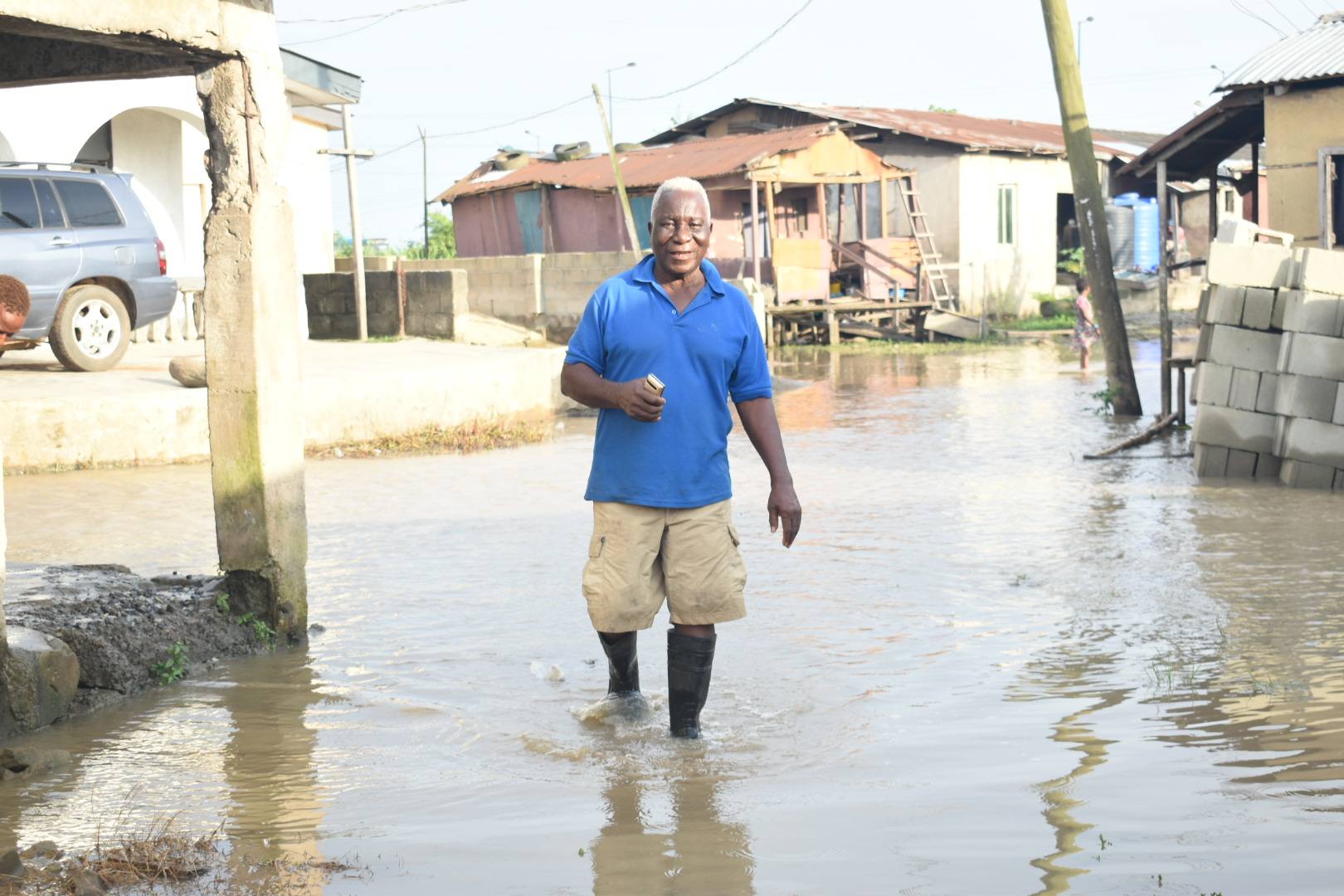
The Ijaws in Lagos, this state that was a former federal capital territory of Nigeria, housing different ethnic groupings, has a community called Kiokio. Not minding the decades of stay in this place, the living condition of the residents of Kiokio is a sorry tale.
When GbaramatuVoice visited the Kiokio community, there were reports that Ijaws from Bayelsa, Edo, Ondo, Rivers states made up this community. The President of Ijaw community in Lagos, Chief Shadrach Agboro was full of tears as he narrated the suffering of the Ijaws in the Kiokio.
According to him, “We are from Bayelsa and we have settled here for the past hundred years. I am about 75 years of age. I was born here. Since my people are born here, I cannot go anywhere else.
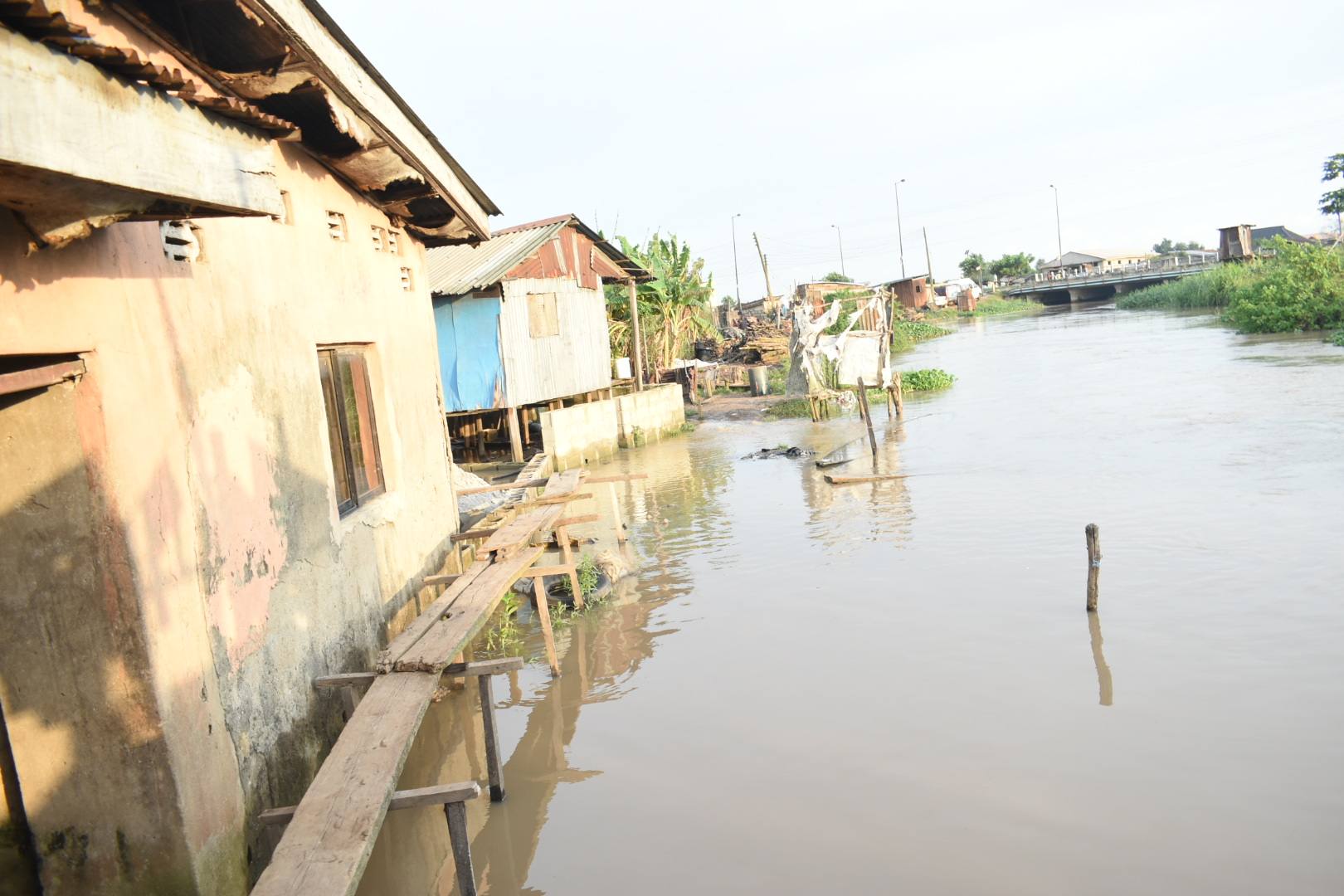
“But you can imagine someone born in a place and at my age, the Yoruba people treat me like a stranger. And in this community, what we mainly do here is bone setting. Everyone here knows how to re-set bone. But because of lack of money, we cannot develop the place. We call this place Ijaw Community, ‘Kiokio Lagos’.”
Apart from the known occupation of the ijaws as fishermen, they are also proficient in alternative medicine: massaging people, reseting fractured bone. With all these the people are known for in the city of Lagos, development forbids them: A deliberate approach to mentally kill their existence, but they still wax stronger.
Chief Agboro added, “One of the challenges we are facing here is the flooding. We sand filled this place ourselves. The government is not helping us because they see us as non-natives.
“The hospital where we set bones is another challenge. It is underdeveloped; presently there is a patient there but the government is not doing anything for us.
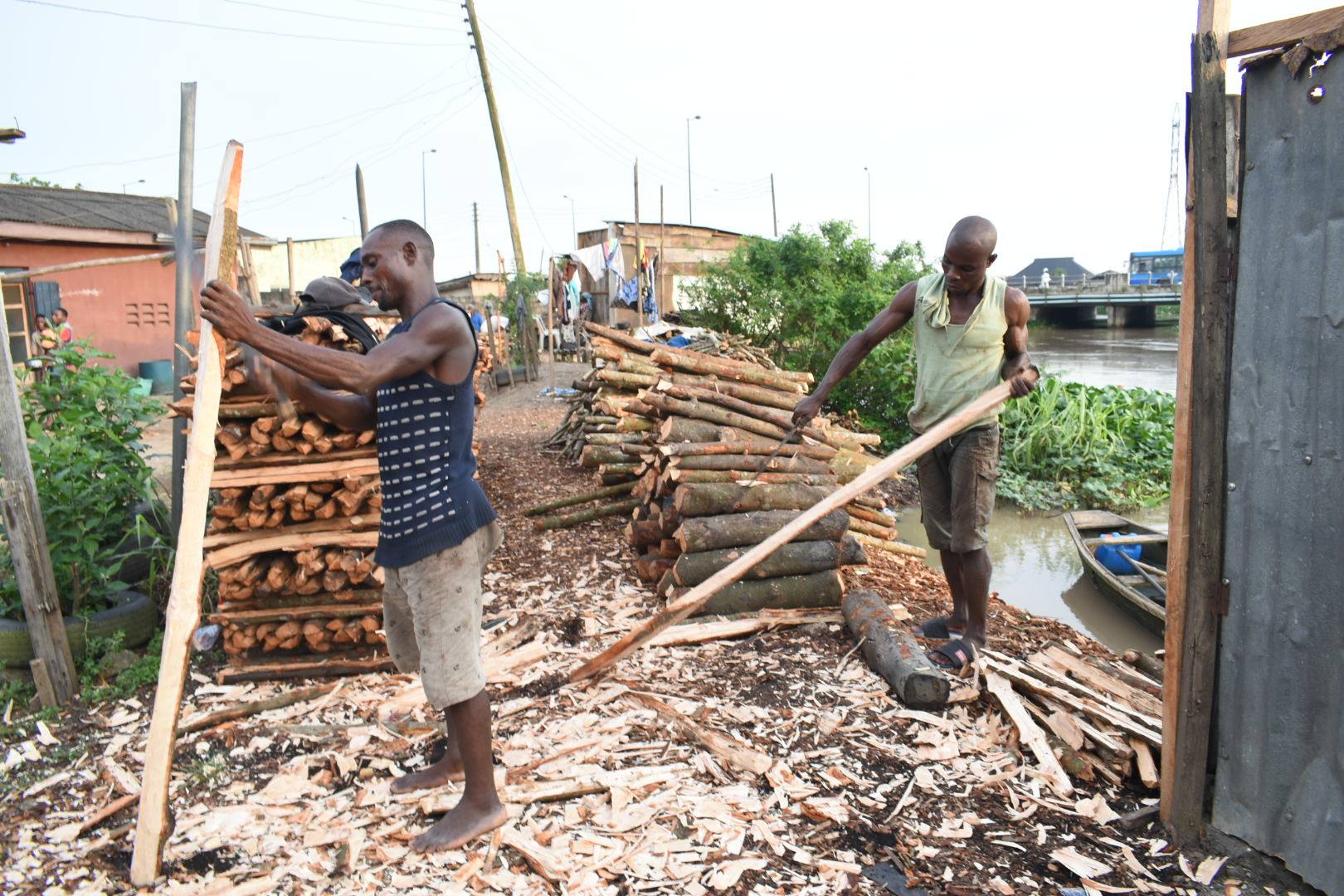
“It is only Comrade Joseph Evah that comes to our aide anytime we are in trouble. We are very happy with your newspaper and now we are very happy that Ijaws have a voice in this country.
“We have other papers but no one is like GbaramatuVoice.”
There were voices suggesting that even the problems Ijaws in the Niger Delta are facing, are deliberately created by the Nigerian government.
The voice said, “There is no good water. You know that in Ijaw (terrene?), we do not have good water, we drink this water, or we go and buy water tankers and fill these tanks and drink from them.
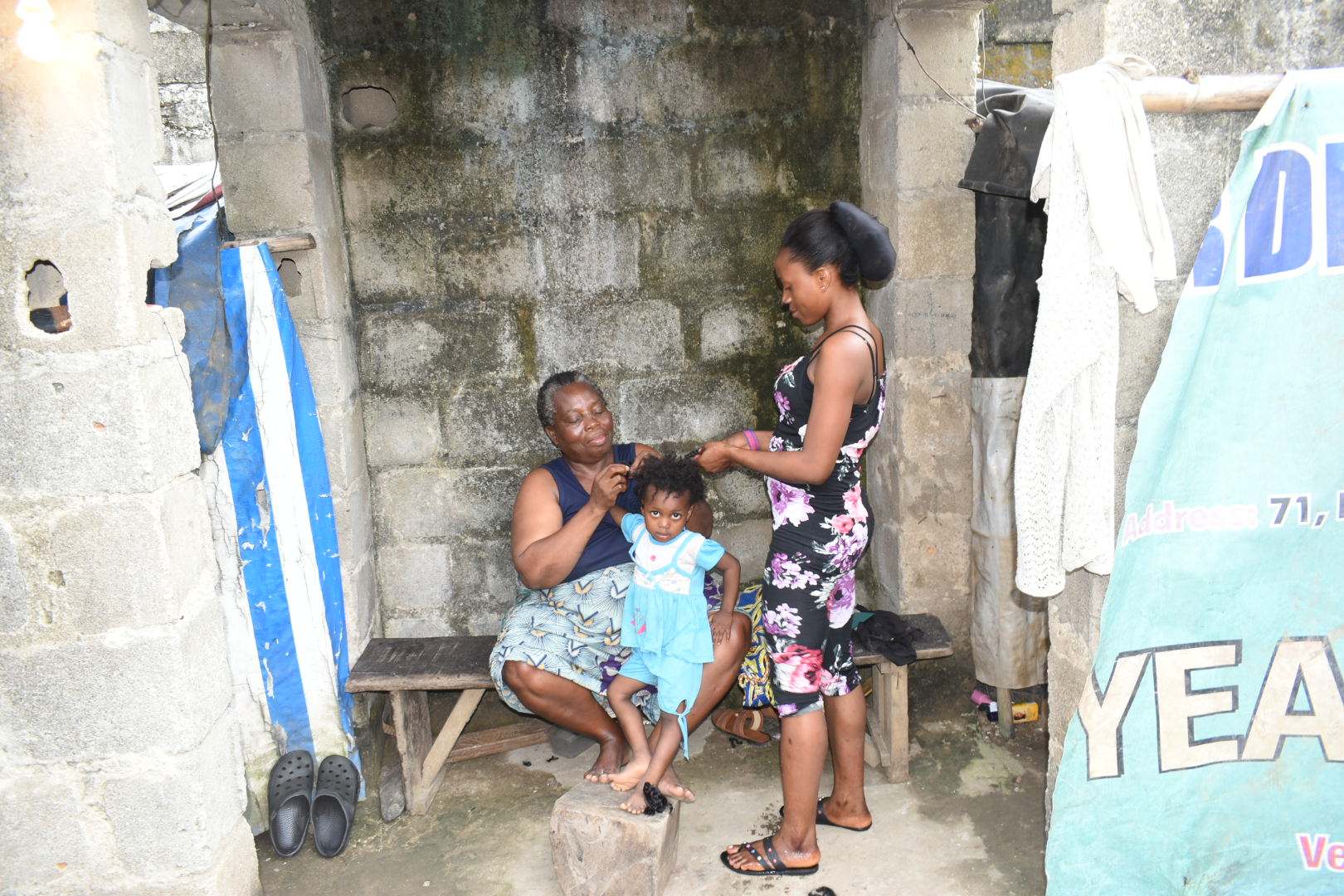
“When it is March, salt water will come in and then we can no longer drink that water, then we will go to Ikorodu to buy water. The government knows about this.
“We don’t even have maternity hospitals here, but our Ijaw women will deliver people in this our clinic. The occupation here is fishing, bone setting and we go to the bush for firewood.”
A resident, Mrs. Mary Agboro narrated her ordeals of what they face in Kiokio, saying, “I have been here for over sixty years. We have been managing. This flood always disturbs us every year.
“When our children fall sick we have to take them to Ikorodu or Ikeja, but you know God blessed the Ijaw people, so sometimes when someone fainted, people gather and massage the person. The distance from here to the hospitals is very far.”
For Mrs Rose Embafa, “Before now it was every three years but now it is every year. God has been the one helping us here. We are Ijaw people, so we cannot be afraid of water. Even the kids are used to it now. If they fall in the water they will swim out. We use canoe to carry the children to the main road where they can enter vehicle to school. I have been in this community for more than thirty years.”
When our reporters sought for their livelihhoods, they had this to say: “We are law abiding people. Some of us cut firewood to sell. This whole firewood is for (Two Thousand?), and they buy it from us and go and sell to other people for over (Four Thousand?).
“The adults here are about Seven Hundred and Fifty and we also have many children here. We have people at the other side but they are mixed with the Yoruba people. The other side is owned by Itsekiri people. The children have to trek from here down to Otowolo. There is a Primary School at Otowolo but none here, the Secondary School is in Ketu or Ogolondo, and we are struggling to send them to school.
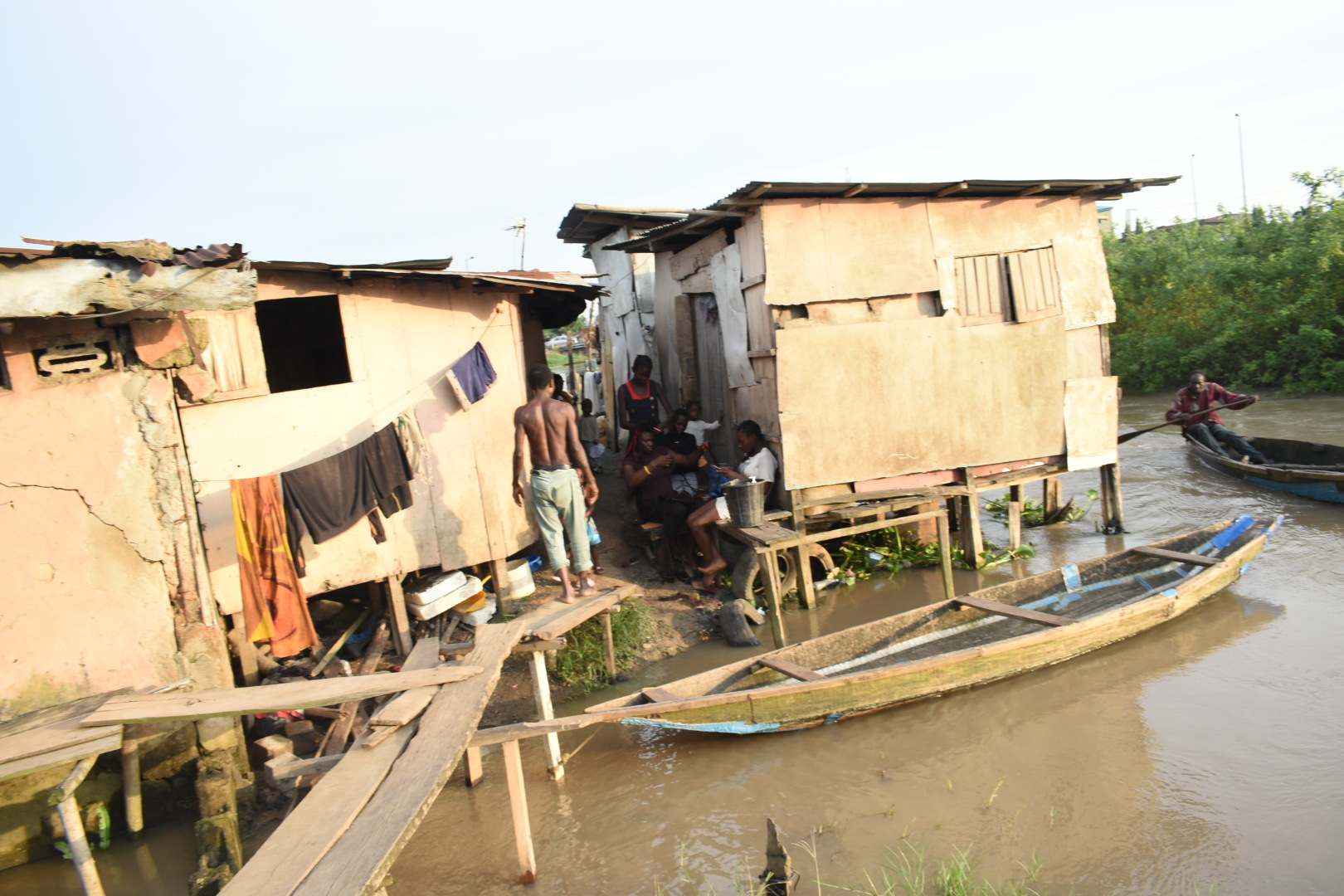
“I have been doing this for more than twenty years. I worked at Aero Maritime– a company that imports goods for people. The company has collapsed and that was why I left the job. Now I cut wood for sell.
“I can also do this in my home but at the moment you have to hold yourself at the moment before you can do anything in your community. If I go to my village they may likely to say that the time I was enjoying I didn’t come near, so because of that I need to hold myself for any expenses, to rent a house and get a canoe so I don’t go there and depend on others. I am from Ayakoromo community.”
Kiokio Ijaw community in Lagos faces numerous challenges but the way forward is like a battle of deliberate enslavement. People living in an Eagle net of poverty, agony, homelessness, and houses submerged. Children, and aged walloped in poverty, sickness. Is this the best the Lagos state government can treat their citizens, or is this how Nigeria could fight corruption without a fair treatment of the less privileged in the country?
Support Quality Journalism in the Niger Delta Region
Join us in our mission to bring development journalism, cultural preservation, and environmental awareness to the forefront. Your contribution makes a difference in the lives of the people of the Niger Delta. Donate today and be a part of the change!


